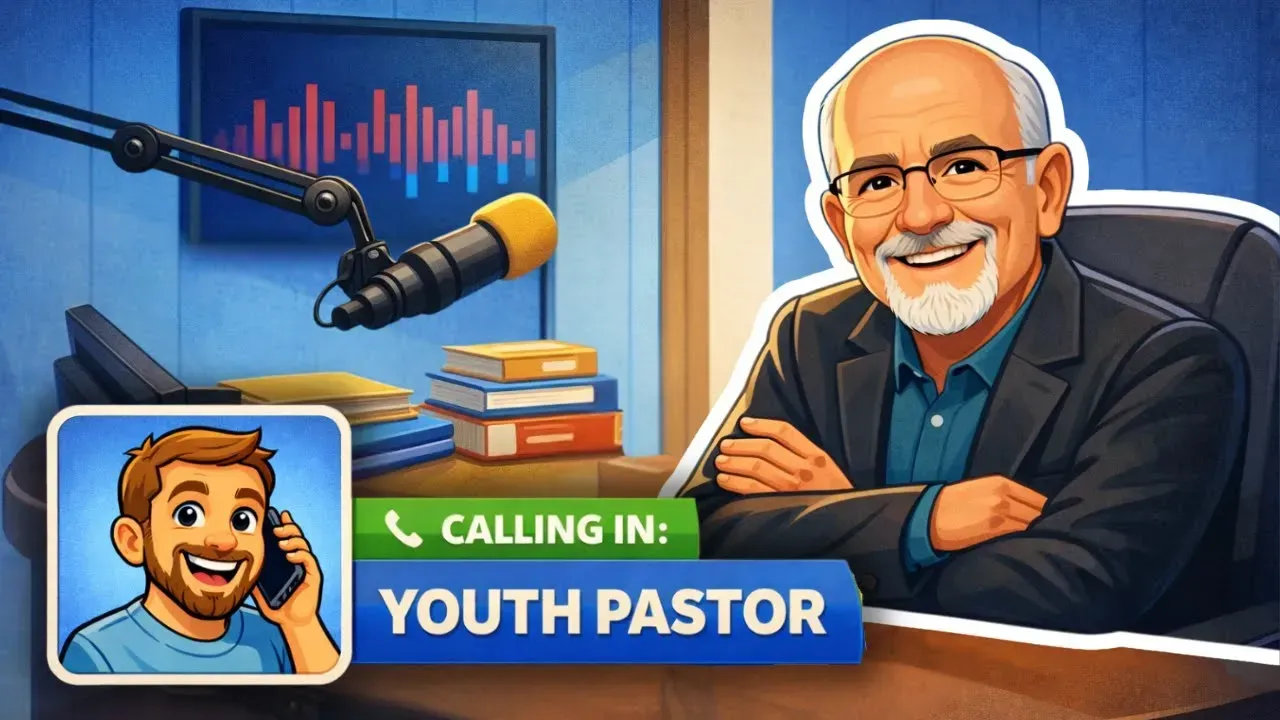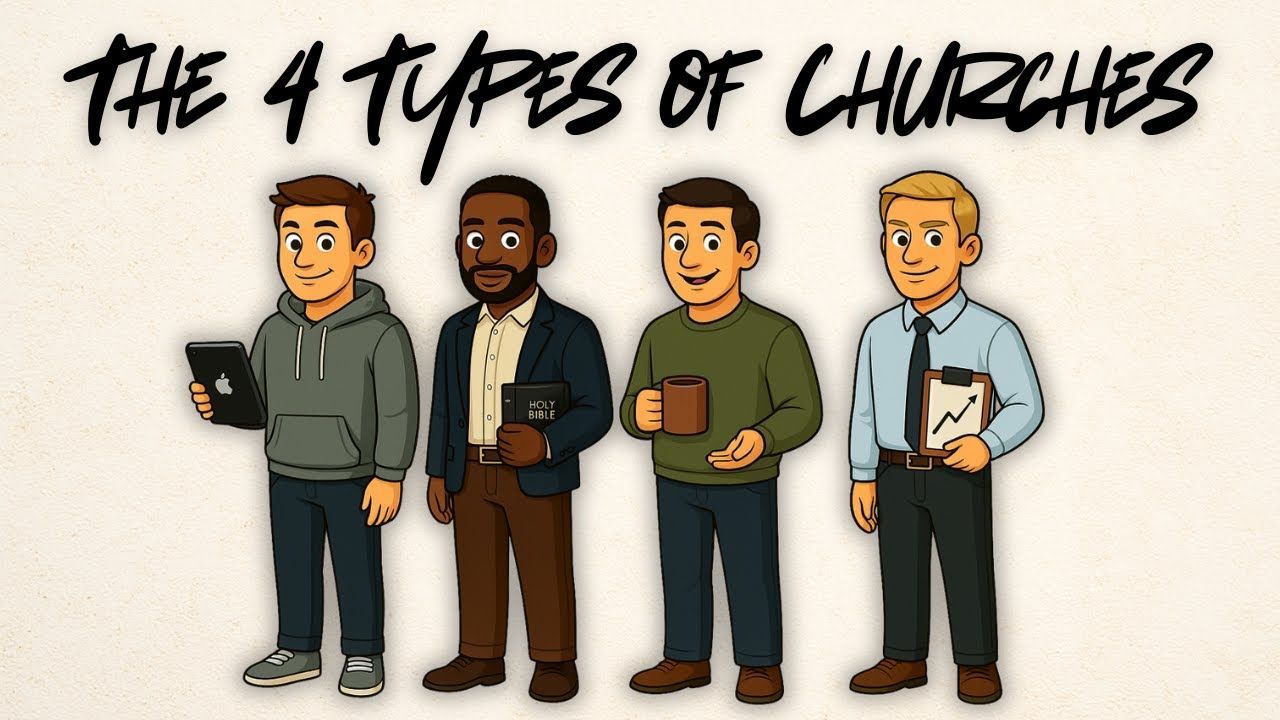“Increase our Faith…” Luke 17:5
The apostles said to the Lord, “Increase our faith!” - Luke 17:5
Jesus had just finished telling the disciples about forgiveness, noting the famous “70 x 7” verse and admonishing them to forgive those who hurt them. This is a hard teaching, and the disciples wanted to be able to accept it. Rather than argue, they grappled with Jesus’s words by asking him to increase their faith.
There are many hard things we are told to do as followers of Jesus, including forgiveness of enemies, taking up our cross, and trusting when things are hard.
I am not recommending that we go through life without counting the cost of what Jesus asks us to do. I am saying that we need to have all the right tools to build what God has asked of us, and if we need to replenish our supply, we can go to Him and ask, and He will freely give all we need!











